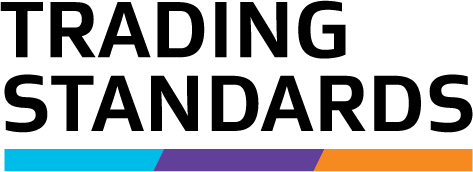Fuel Quality Monitoring annual report 2023–24 published
The Fuel Quality Monitoring Programme 2023-24 report shows that the quality of fuel available to New Zealanders continues to generally be of good quality.
In New Zealand, fuel quality monitoring is conducted by measuring and monitoring parameters to ensure that engine fuel meets regulatory standards, safeguards performance, and reduces environmental impact. It confirms octane ratings and other requirements, benefitting consumers by providing confidence in fuel quality, and protecting vehicle longevity.
Fuel in New Zealand: A commitment to quality
As the country’s primary regulatory body overseeing fuel quality, Trading Standards administers a comprehensive Fuel Quality Monitoring Programme of sampling and assessing the quality of engine fuel sold in New Zealand, ensuring its compliance with the Engine Fuel Specifications Regulations 2011.
Engine Fuel Specifications Regulations 2011(external link) — New Zealand Legislation
The Programme ensures that New Zealanders receive engine fuel that meets or exceeds established standards. Every year, samples taken ‘at the pump’ (retail point of sale), samples of marine fuel supplied to ships and used onboard, and samples collected as part of specific projects, investigations, or in response to enquiries are analysed to ensure fuel used in New Zealand is of good quality.
At the end of each year, we compile all the data from sampling and testing, analyse trends or outliers, and publish a report to give an overview of our work.
For the second year, Maritime New Zealand (Maritime NZ) and Trading Standards have operated a joint programme to monitor marine fuel quality, in line with New Zealand’s obligations under Annex VI of the International Convention for the Prevention of Pollution from Ships, 1973 (MARPOL).
Prevention of air pollution from ships(external link) — Maritime NZ
Marine fuel supplied in New Zealand is sampled at the time of delivery to vessels (bunkering). Furthermore, the Programme collects samples of marine fuel used on board ships during both domestic and international voyages.
During the 2023-24 period
630 fuel samples were collected from fuel service stations, commercial sites, storage terminals, and ships throughout New Zealand from 1 July 2023 to 30 June 2024.
Sample Types:
- Routine Samples (396): Regular monitoring to ensure consistent quality.
- Non-routine samples (167): Addressing specific issues regarding enquiry, project, investigation, and complaint response.
- Marine Fuel Samples (67): Ensuring compliance with marine fuel standards and New Zealand’s international convention obligations.
Annual report highlights
The latest Fuel Quality Monitoring Programme annual report details:
- The general high quality of fuel in New Zealand: Our nationwide sampling and testing program confirmed that the fuel available in New Zealand is of good quality and meets compliance requirements consistently. While the overall compliance rate is encouraging, the report details specific issues related to non-compliance. Our findings highlight the importance of ongoing vigilance, and collaboration with the industry stakeholders to swiftly rectify any issues.
- The results of the second year of marine fuel testing: Marine fuel samples collected on shore and on-board ships demonstrate that the variety of marine fuels comply with the requirements of the MARPOL convention.
Further information on this marine fuel regulatory work(external link)
Fuel Quality Monitoring Programme annual report 2023-24 [PDF, 4.3 MB]

